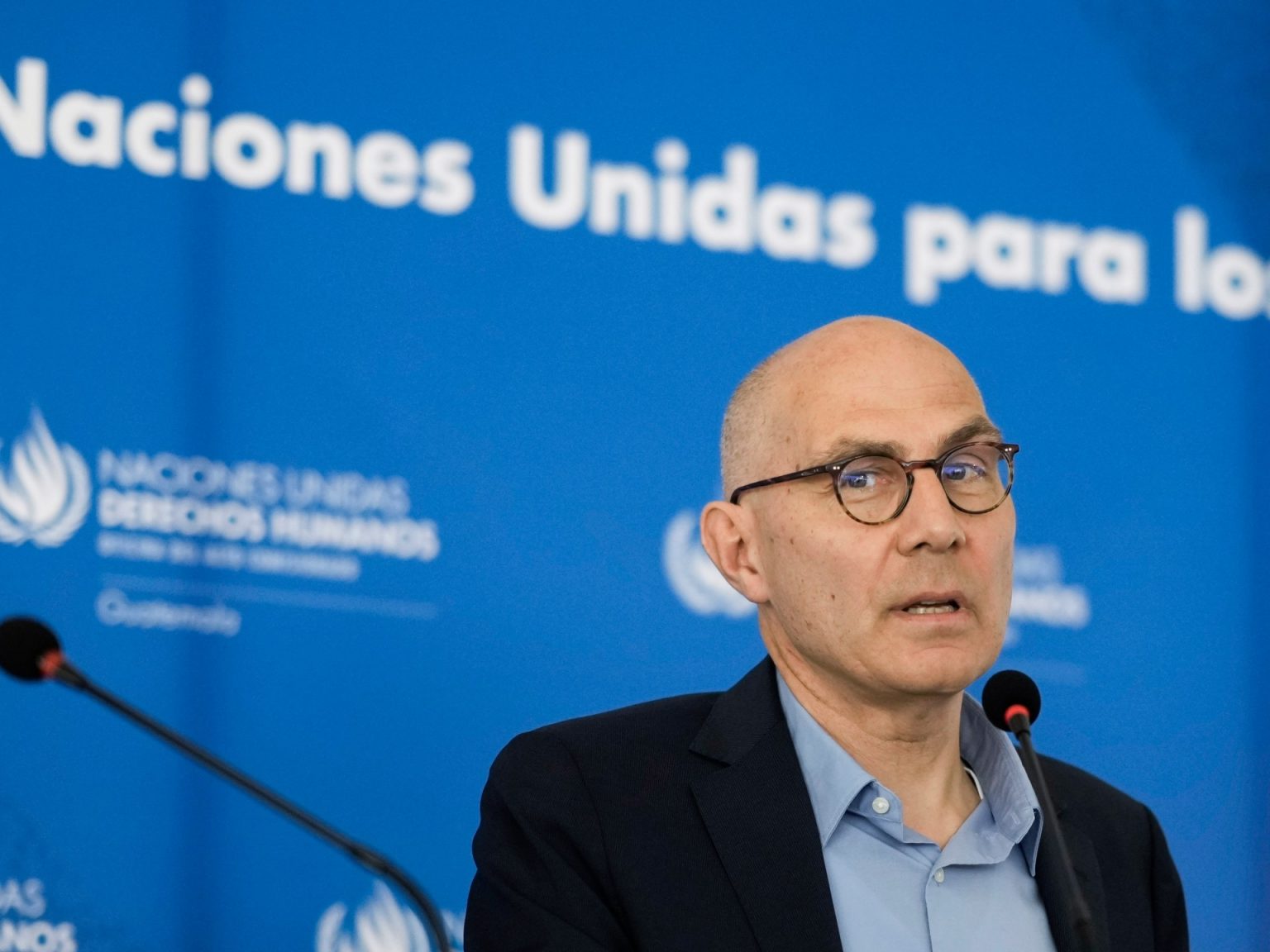The United Nations High Commissioner for Human Rights, Volker Türk, has announced the resumption of his office’s activities in Venezuela, marking a significant development after a period of strained relations with the government of President Nicolás Maduro. The announcement comes amidst ongoing concerns about the human rights situation in the country, particularly following the controversial 2024 presidential election. Türk expressed his hope to restore a full UN human rights presence in Venezuela, emphasizing his organization’s role as a “bridge-builder” in fostering dialogue and reconciliation. This renewed engagement follows the closure of the UN human rights office in Venezuela in February 2024, after the Maduro administration accused the office of conspiring with the opposition, an allegation made without substantiating evidence.
The closure of the UN office in February 2024 followed accusations from the Venezuelan government that the office was operating as a partisan actor, aligned with opposition groups and foreign interests seeking to destabilize the country. Foreign Minister Yvan Gil Pinto accused the UN human rights office of engaging in “colonialist” practices and acting as a “private law firm” for “coup plotters and terrorist groups.” These allegations came against a backdrop of escalating political tensions and increasing international scrutiny of the Maduro government’s human rights record. The government has faced widespread condemnation for alleged human rights violations, including arbitrary arrests, torture, extrajudicial killings, and suppression of dissent. The closure of the UN office also coincided with the arrest of prominent human rights lawyer Rocío San Miguel, further raising concerns about the government’s commitment to due process and fundamental freedoms.
The resumption of UN human rights activities comes in the aftermath of a contentious presidential election in July 2024, in which President Maduro secured a third term. The election was marred by irregularities, including the disqualification of key opposition candidates, notably Maria Corina Machado, and the lack of transparency in the vote counting process. The electoral authority’s announcement of Maduro’s victory without releasing detailed voting tallies sparked widespread protests and allegations of fraud. The ensuing government crackdown resulted in the arrest of an estimated 2,000 people, with numerous reports of violence, injuries, and fatalities. High Commissioner Türk expressed deep concern about the “disproportionate use of force and violence” during the post-election protests and called for a thorough investigation into the reported killings of demonstrators, bystanders, and members of the armed forces.
Despite the fraught political climate and the previous expulsion of the UN human rights office, High Commissioner Türk has adopted a conciliatory approach, acknowledging positive steps taken by the Venezuelan government. He welcomed the recent release of over 300 political prisoners, including individuals detained during the post-election protests, describing it as an “important step” towards addressing human rights concerns. However, he also urged the Venezuelan authorities to review the cases of all remaining detainees and ensure the release of anyone arbitrarily imprisoned, including human rights defenders like Rocío San Miguel and Javier Tarazona, as well as humanitarian workers. Türk also called for an end to the use of counterterrorism legislation against protesters, including minors, and expressed concern about reports of enforced disappearances and ill-treatment of detainees.
High Commissioner Türk’s call for the release of all arbitrarily detained individuals and an end to the misuse of counterterrorism laws underscores the ongoing human rights challenges in Venezuela. He highlighted the plight of detainees facing overcrowded cells, inadequate food, water, and healthcare, emphasizing the need for improved prison conditions and respect for due process. He urged the Venezuelan government to guarantee fair trials for all detainees, including access to legal representation and translation services, particularly for Indigenous individuals. His emphasis on these specific concerns highlights the persistent need for human rights monitoring and advocacy in Venezuela, even as a cautious dialogue with the government resumes.
Looking ahead to President Maduro’s inauguration in January 2025 and the upcoming National Assembly elections later that year, High Commissioner Türk expressed his commitment to constructive engagement with Venezuela. Recalling his previous visits to the country, he stressed the importance of national healing, overcoming political polarization, and fostering inclusive dialogue. He reiterated his office’s readiness to support the Venezuelan people during this challenging period and to work collaboratively with the government to address human rights concerns. The resumption of UN human rights activities in Venezuela, while tentative, represents a crucial step towards promoting human rights and fostering a more inclusive and democratic environment in the country.

